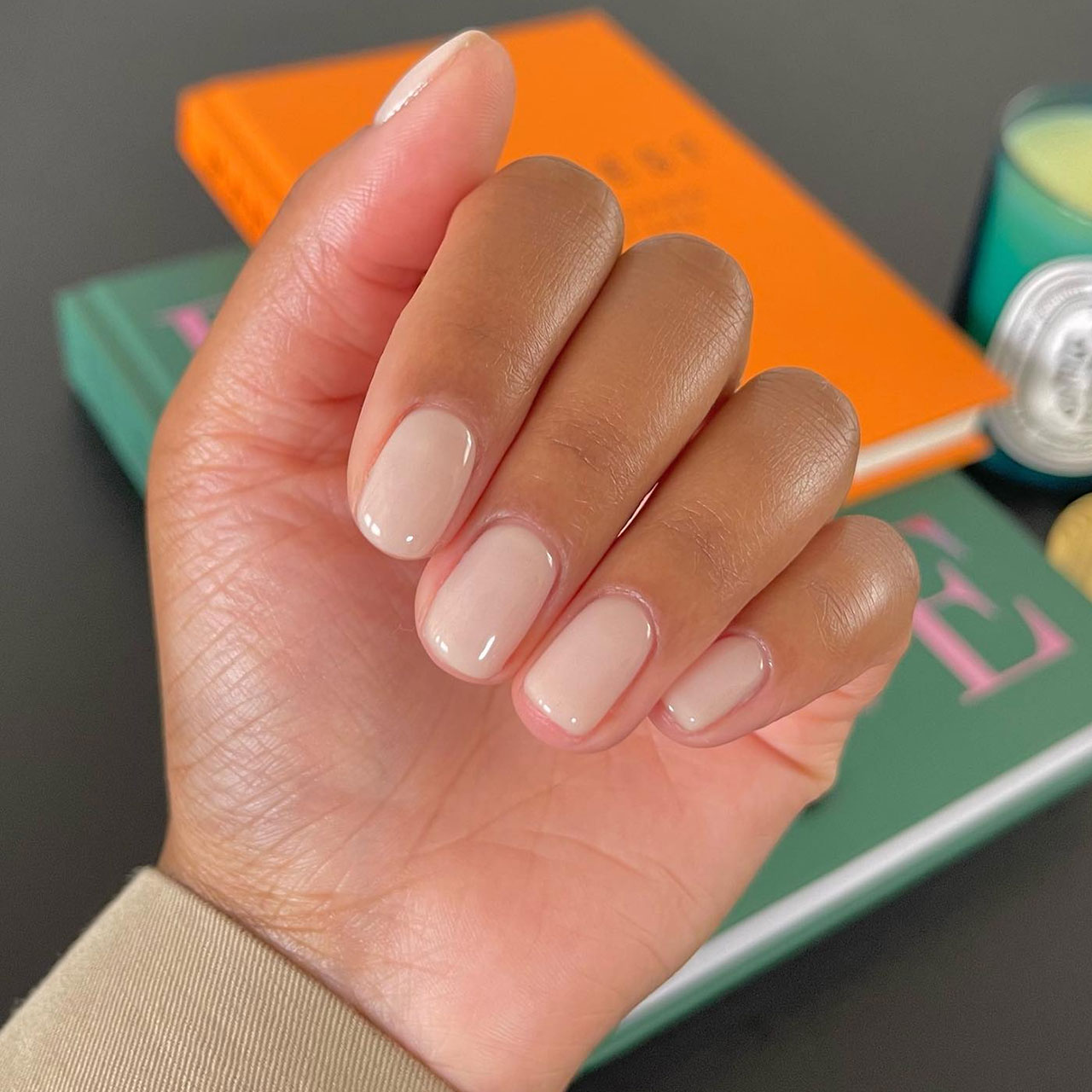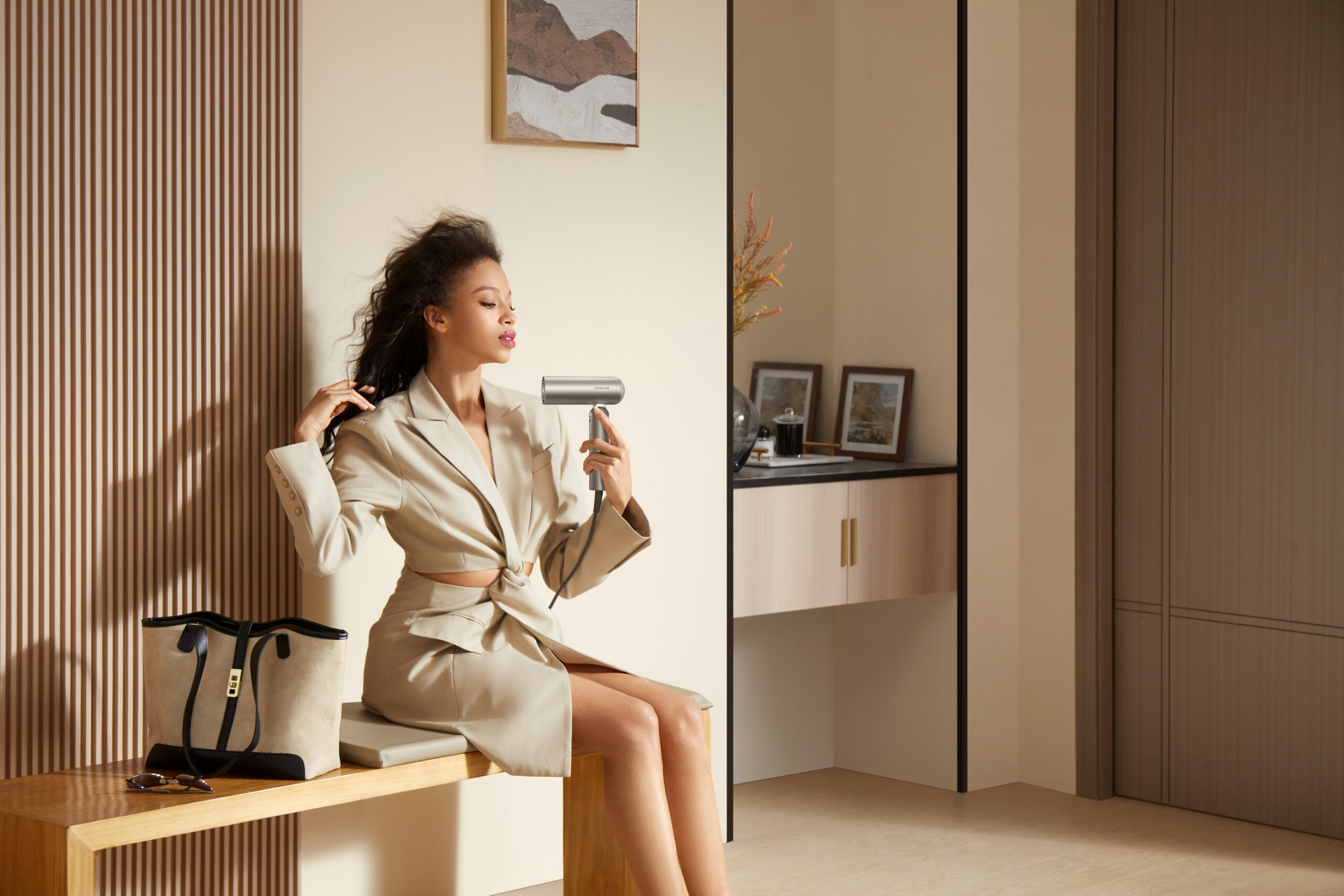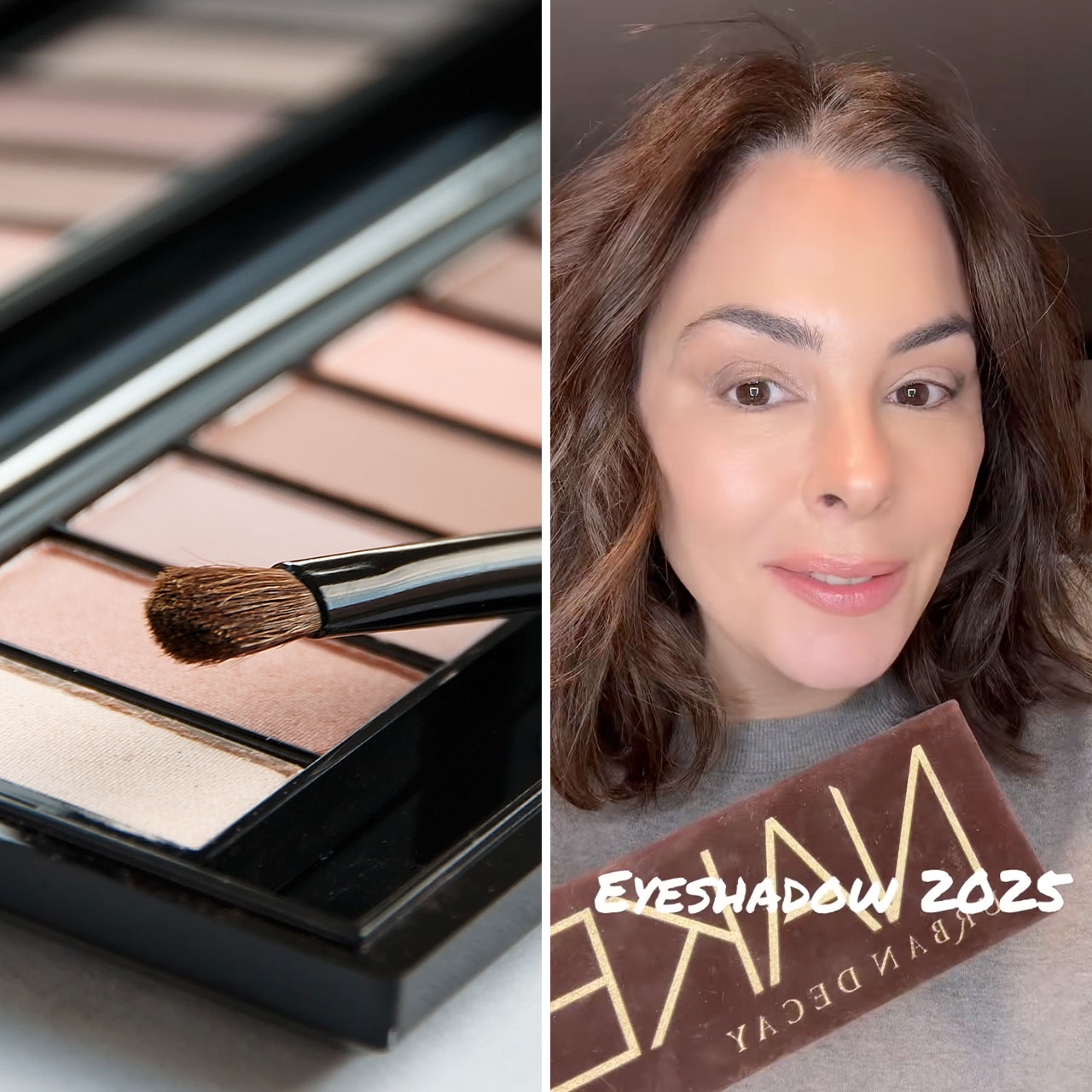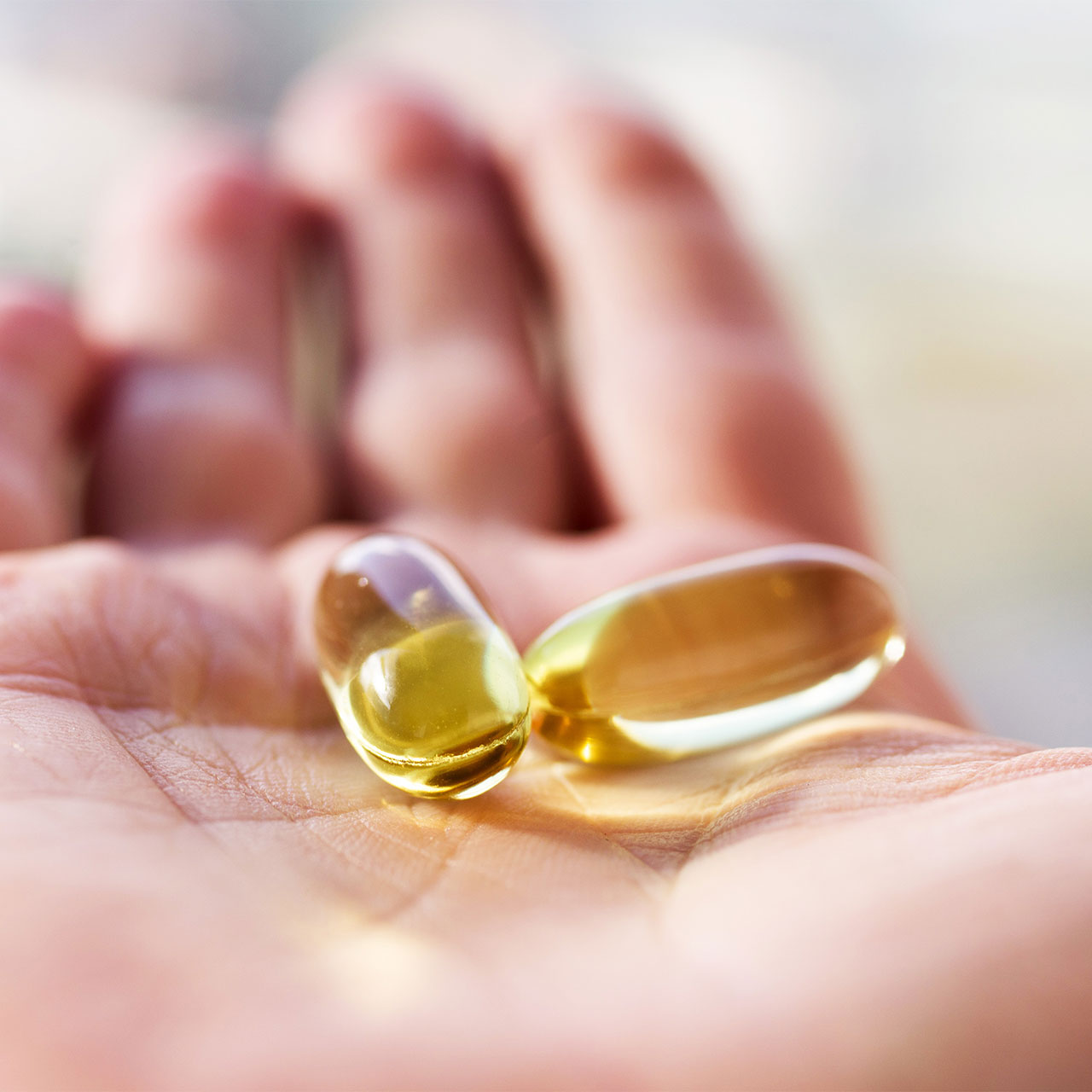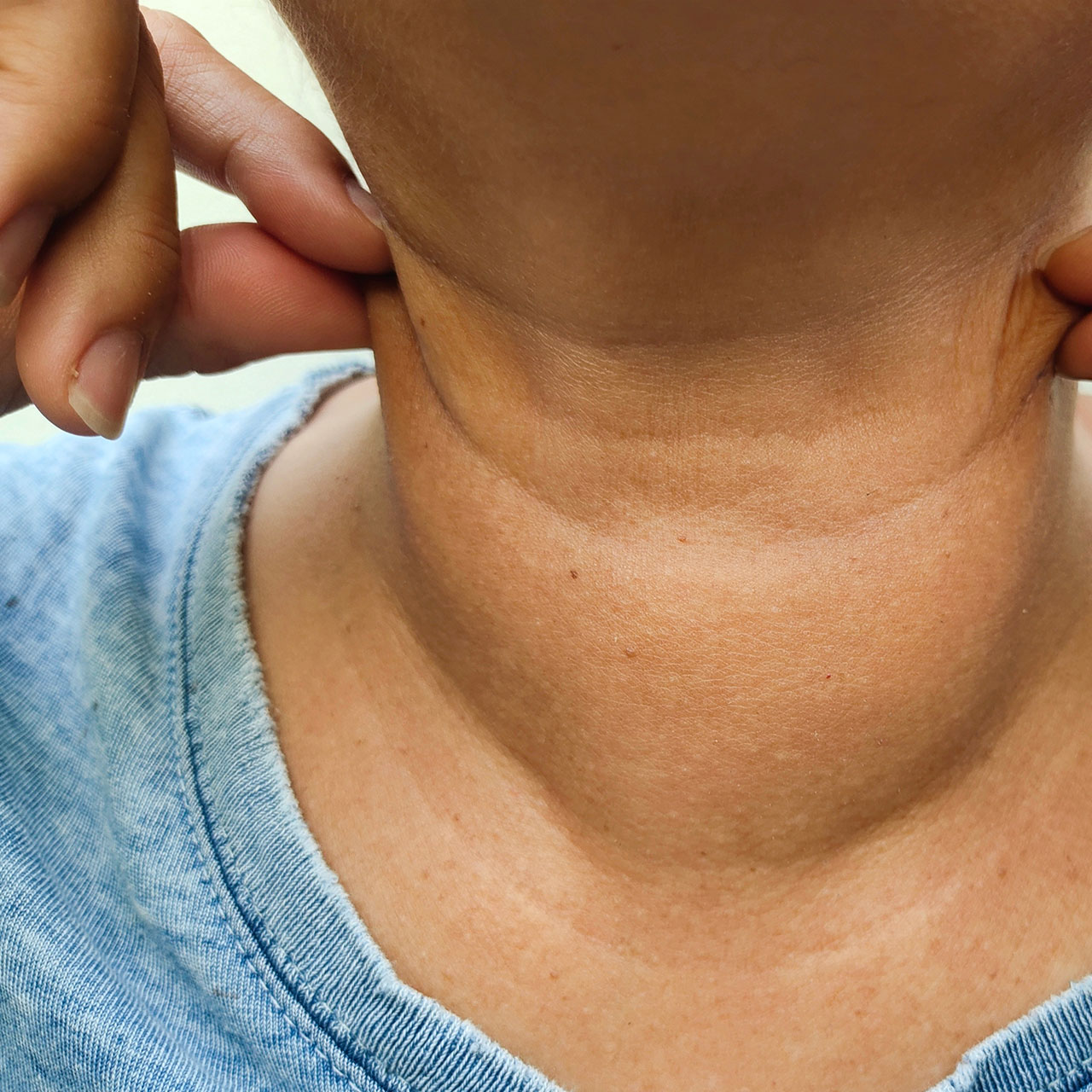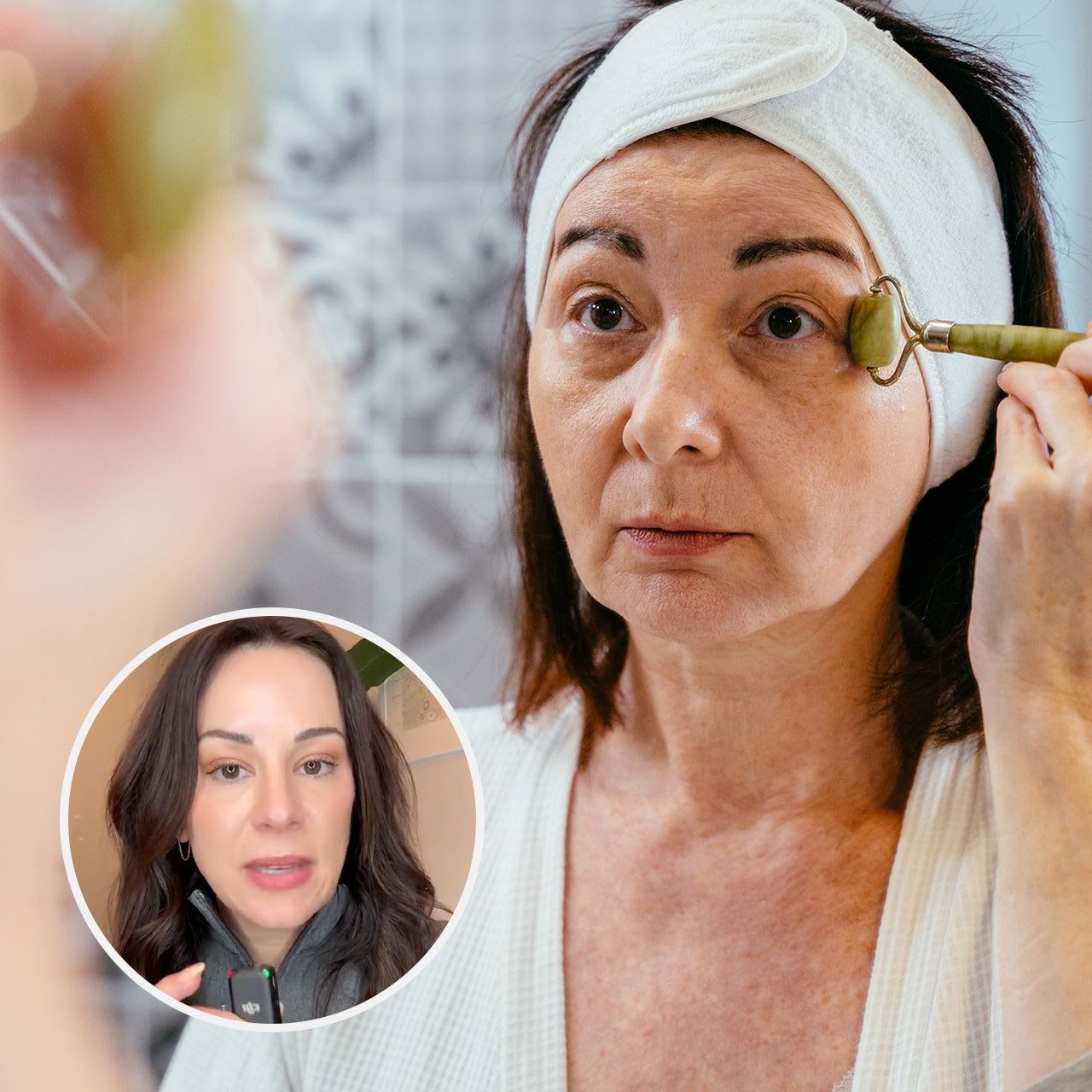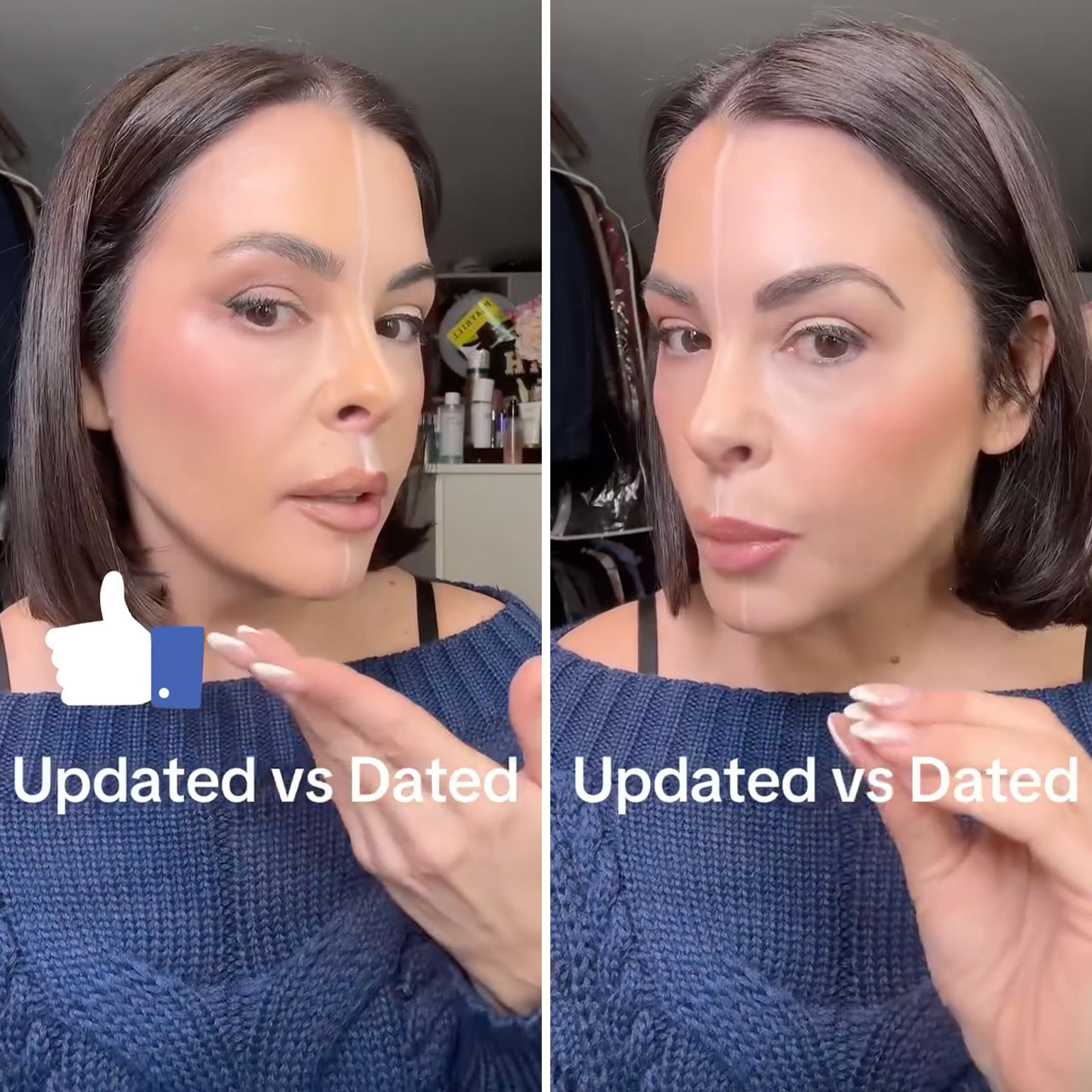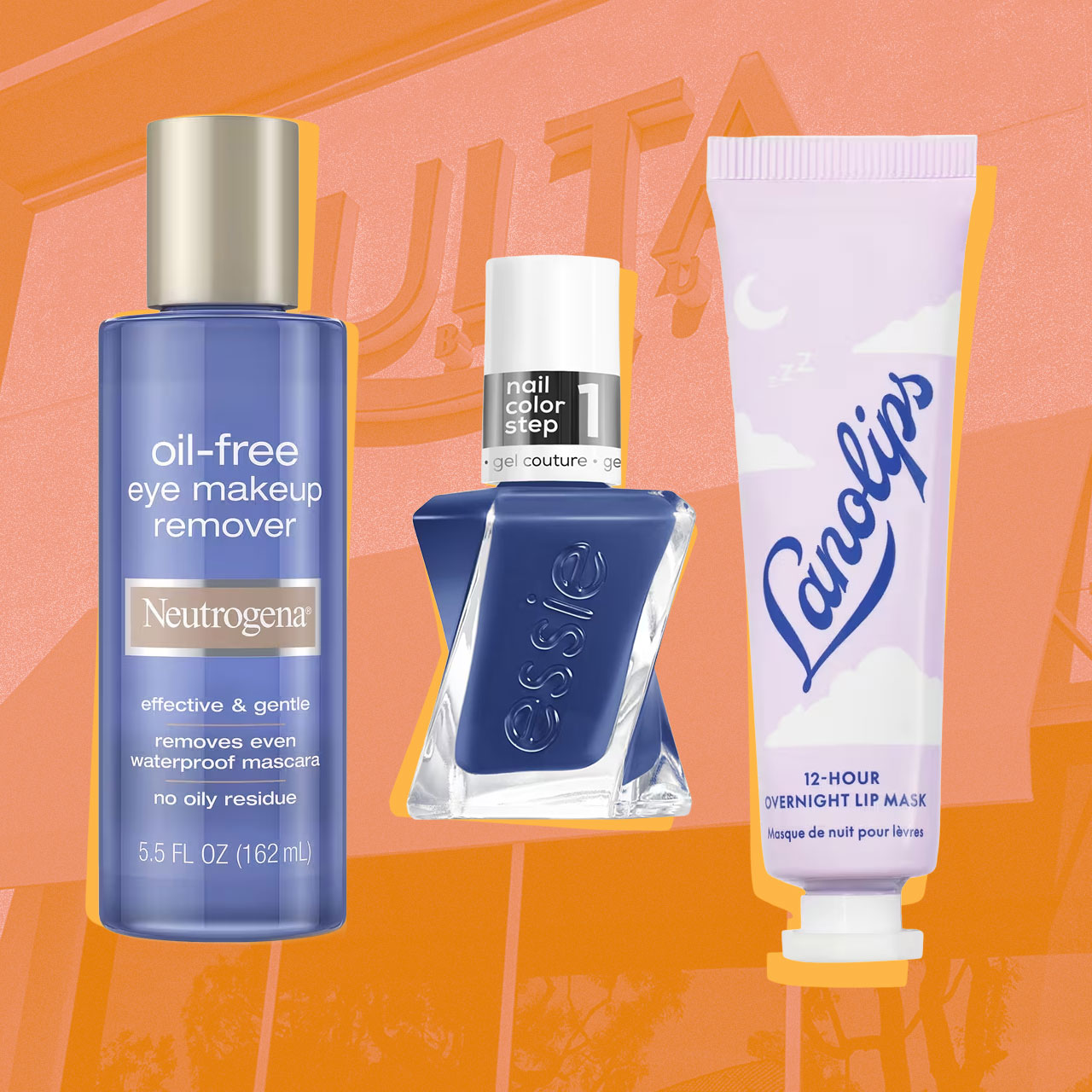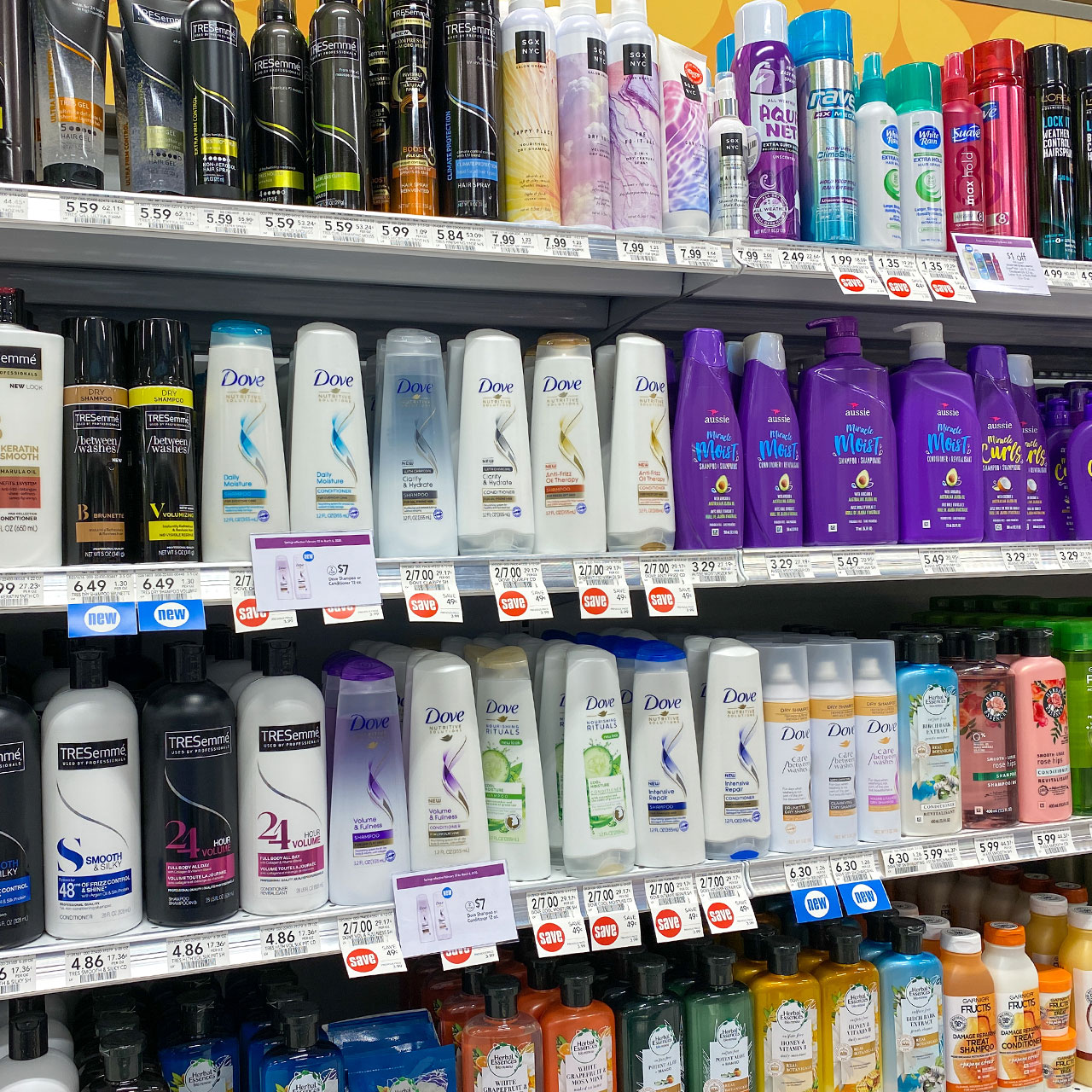Stretchy, supple and youthful skin might be able to tolerate many different skincare ingredients, but as we age, we need to be careful when looking for products to suit more mature skin. We checked in with dermatologists and skincare experts to learn more about 3 common ingredients found in serums, moisturizers, cleansers and other products that anyone over 40 should avoid and replace with gentler items in order to age gracefully and keep a healthy glow. Read on for suggestions and insight from board-certified dermatologist Dr. Jeffrey Hsu, M.D., FAAD, Founder of Oak Dermatology and registered dermatologist and skincare expert, Ksenia Sobchak of Loxa Beauty.

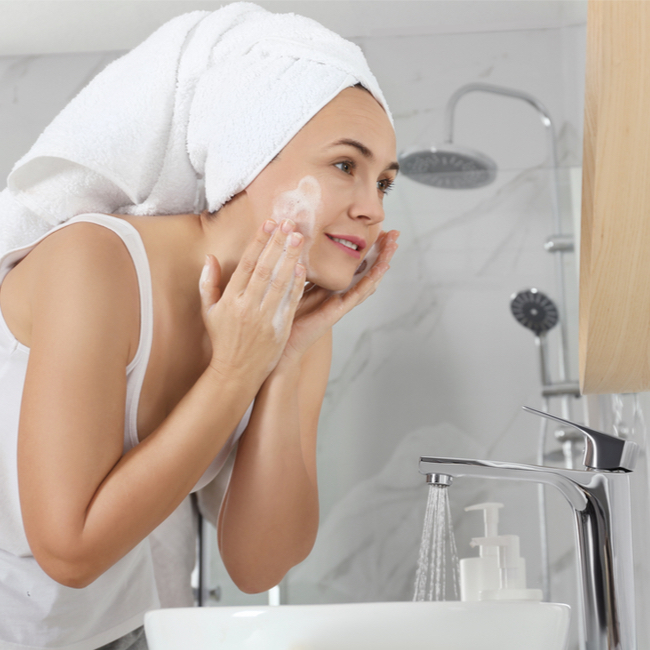
1. Sulfates
Sodium Lauryl Sulfate (SLS) is a chemical product commonly found in soaps and other products that is designed to wash away grease and dirt. Sobchak warns that this ingredient can strip your skin’s natural barrier and cause further damage and greatly irritate aging skin. “Most cleansers come with sulfates to help eliminate dirt and oil on your skin accordingly,” she explains. “Although they can work for other skin types, people with aging skin should avoid them at all costs.” Sulfates, she says, can cause “irritation and dryness, worsening your overall skin health.”
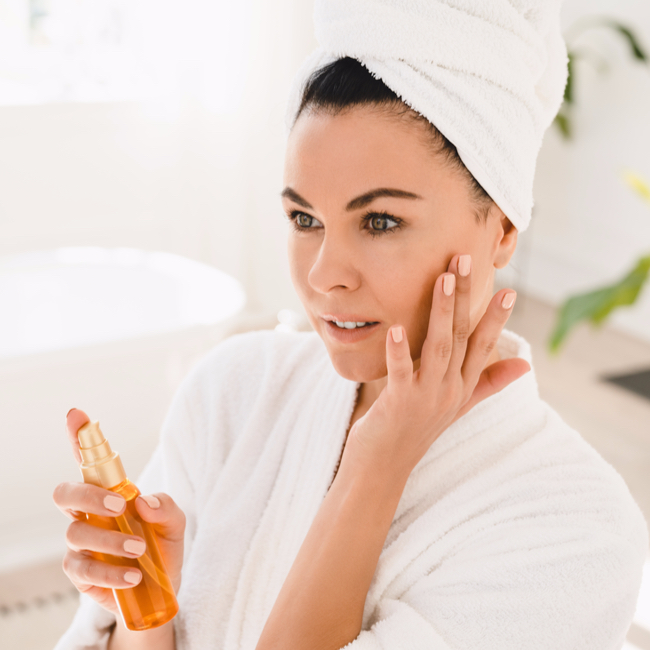
2. Glycolic Acid
While this product is often hailed as a useful exfoliator in routines for youthful skin, it may not have the same desired effects on aging, textured or more mature skin, Hsu says. “This chemical exfoliant is generally used to cleanse the surface layers of the skin, clearing blackheads and clogged pores.” This ingredient can be found in many skincare as well as makeup products, he explains. “It is best used when the product is scientifically engineered with balancing ingredients that will offset the possible stripping of the skin,” he says, as Sobchak explains the dangers it can cause in older skin. “Glycolic acid is a strong chemical exfoliant. Due to its nature, using it to alleviate dryness and irritation on your skin can cause more harm than good,” she says. If you must exfoliate, Sobchak “highly suggests” you opt for gentler exfoliants, including lactic acid or alpha hydroxy acids (AHAs).
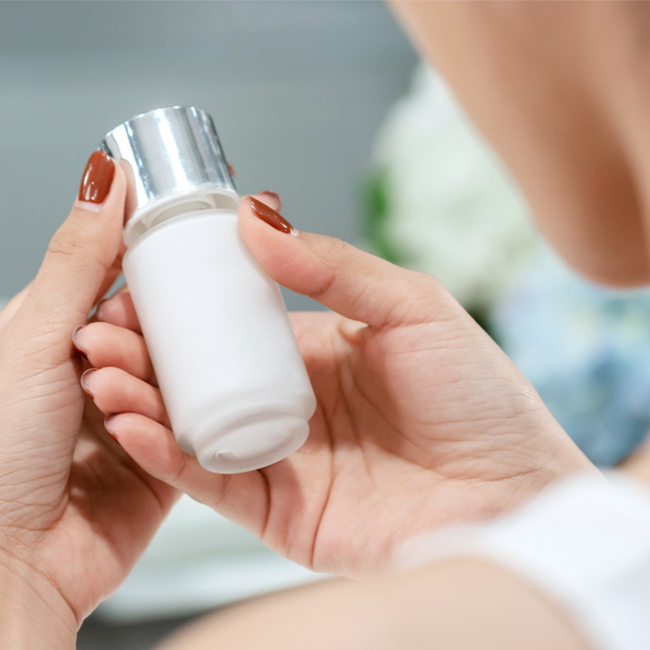
3. Alcohols
As one of the most drying ingredients in common skincare products, there are several alcohol types to look out for, Hsu says. “Ethanol, isopropyl alcohol and benzyl alcohol should be avoided,” he says. “These are commonly used, inexpensive ingredients used as a delivery method for actives or a possible stabilizer.” He urges to “beware of denature alcohol no matter what the product's benefits may be,” as the alcohol content, even in small amounts, could cause “possible severe skin dryness.” Another drawback, Hsu notes, is its potential to cause “skin inflammation from damage to the skin barrier over prolonged use.” Sobchak agrees, adding that “denatured and isopropyl alcohols” cause “extreme dryness and irritation” to aging skin. “That’s not all,” Sobchak concludes, saying that they can also “worsen skin conditions including rosacea, psoriasis, and eczema,” which is important to look out for.







